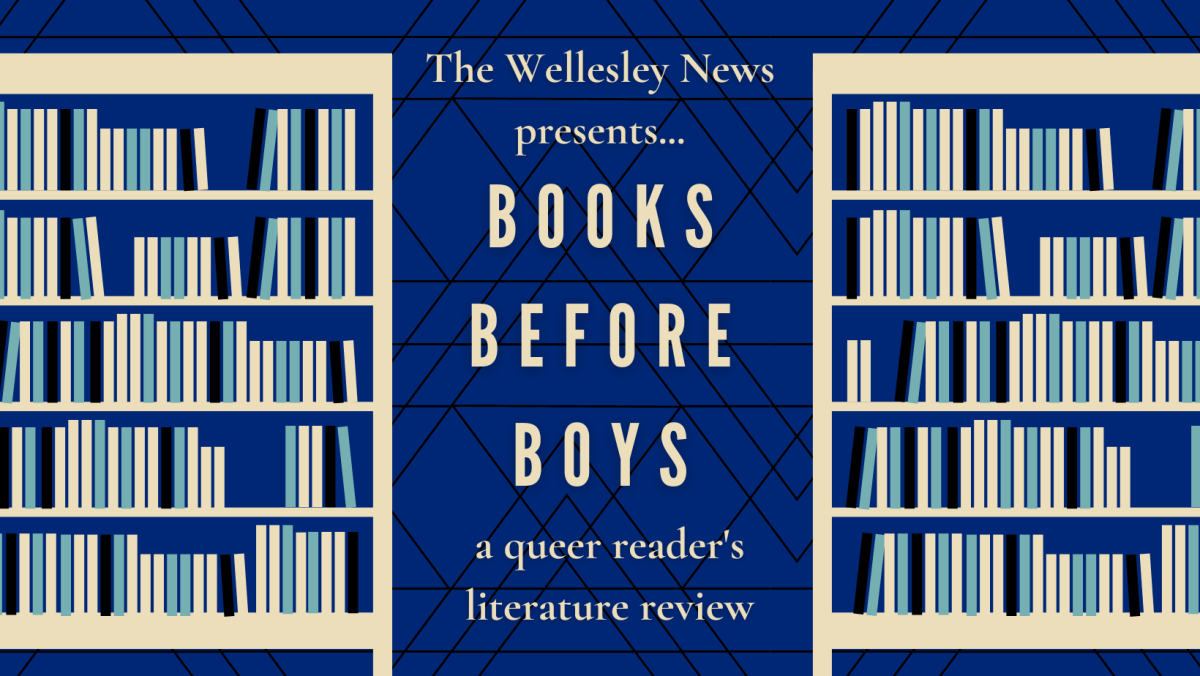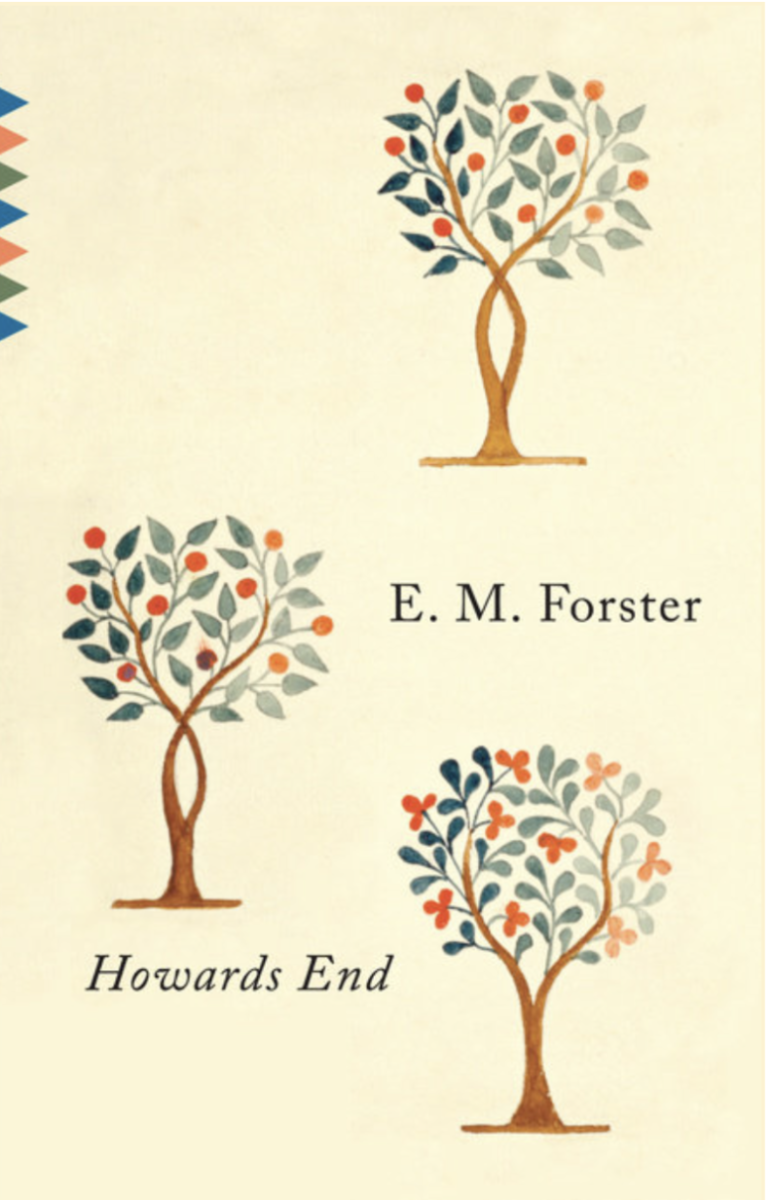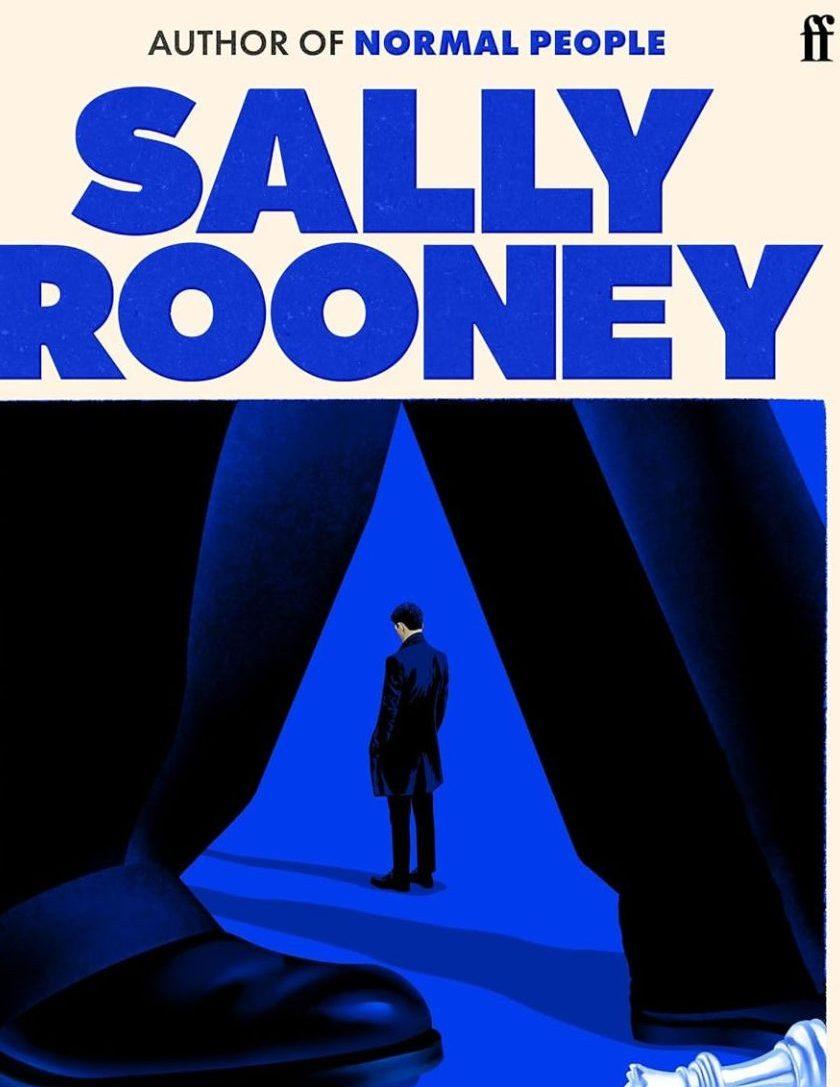I was a teenager when I first really thought about the fact that I am going to die someday. I know that’s a little late to have that realization, but I had been fortunate enough to not have any deaths in my family, which is usually what sparks this awareness for kids.
My grandparents are all still alive, actually, but the concept of death caught up to me anyway. I’d lie awake at night petrified by the thought of never waking up, the idea that I and everyone around me would just be gone. It only got worse during the pandemic, escalating to full panic attacks whenever I pondered the idea.
So it’s safe to say that the whole concept of Emma K. Ohland’s “Funeral Girl” — an asexual girl who speaks to ghosts and learns to cope with the inevitability of death — really spoke to me.
16-year-old Georgia Richter has grown up in the Richter family funeral home with her parents and twin brother. She is surrounded by death pretty much every day, and it gives her a great deal of anxiety to consider that one day, she and everyone she knows will have their turn on the embalming table.
Since she was young, Georgia has had the ability to summon and talk to ghosts, as well as send them off into the ether. (And no, that does not ease her anxiety whatsoever, because where do they go?) One day, when her classmate unexpectedly dies, she does what she always does and summons his ghost so he can have one last word. Except he wants to stay around for a bit, so she lets him.
I don’t have many panic attacks about death right now, but those thoughts never totally went away, so reading this book was intensely relatable. I felt at times that Ohland had somehow accessed all of my thoughts and spit them out onto paper. “Funeral Girl” is the kind of book that makes me feel like it was written specifically for an audience of me — even though that is obviously not the case.
Georgia’s friendship with Milo (the ghost) is heartwarming and heartbreaking. Milo absolutely did not deserve to die, and I cried my way through the process that it takes for Georgia and Milo to accept his death. (Seriously, I think that I was just full-on sobbing while reading the entire last quarter of this book.)
What really got me was that Georgia’s asexuality actually contributed to her worries, which just really felt like a personal attack. Life is scary, and having That Person to do it with you is a major source of comfort for many people. But if you don’t desire that type of companionship, then what are you supposed to do? Terrifying to think about, right?
One of my favorite things about this novel is that Ohland allows Georgia to be the messy teenager we all once were. The main scary thing that occupies your mind, whether that’s friend drama, an impending exam or massive existential dread, is incredibly consuming when you’re young. This can cause you to make some pretty poor decisions, and Georgia makes a lot of those. Her relationships with her friends, her family and even total strangers are in flux, but what I love is that all those around Georgia are incredibly supportive and forgiving when she does open up to them.
Above all, I think “Funeral Girl” is a story about learning to cope. This is a very real worry for a lot of us, and what Georgia learns (spoiler alert, I guess) is that there’s not one way to manage your fears. That’s a very powerful message that I definitely needed to hear, and I think a lot of teens and young adults do too. I have a feeling this book is going to be really important for a lot of kids.
“Funeral Girl” comes out on Sep. 6, 2022. I received an early copy from the publisher, Carolrhoda Lab (an imprint of Lerner Books), in exchange for an honest review. Also, not to brag, but I did, in fact, get to meet Ohland at a book signing a few weeks ago, which was the coolest thing in the world.








